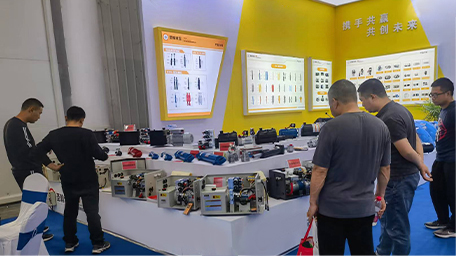air valve in water supply
The Role of Air Valves in Water Supply Systems
Air valves play a crucial role in the efficiency and safety of water supply systems. They facilitate the control of air within pipelines, ensuring the smooth flow of water while preventing issues that can arise due to trapped air or vacuum conditions. In this article, we will explore the importance of air valves, how they function, and their benefits to water supply systems.
Understanding Air Valves
Air valves are specially designed devices that are installed at strategic locations within water pipelines. Their primary function is to allow the escape of accumulated air in a water system during operation while preventing the entry of contaminants. They come in various types, including automatic air valves, air and vacuum valves, and combination valves, each serving a unique purpose within the system.
Functions and Benefits
1. Preventing Air Bubbles In water supply systems, air can become trapped in pipelines, creating air pockets or bubbles. These can lead to water hammer, which is the sudden increase in pressure when water flow is abruptly stopped. Air valves effectively release trapped air, maintaining a constant pressure and ensuring a smooth flow of water.
air valve in water supply

2. Avoiding Cavitation Cavitation occurs when vapor bubbles form in liquids due to pressure changes and can cause significant damage to pumps and other equipment. Air valves help prevent low-pressure areas by maintaining appropriate pressure levels within the system, thus protecting essential components from cavitation-related damage.
3. Contaminant Prevention Air valves are designed to prevent the ingress of external particles and contaminants into the water supply. This function is critical in maintaining the quality and safety of drinking water by blocking foreign materials while allowing air to escape.
4. Facilitating Maintenance Regular maintenance of water supply systems is crucial for their longevity and functionality. Air valves aid in the maintenance process by enabling operators to efficiently bleed air from the system, reducing downtime and improving serviceability.
5. Energy Efficiency By optimizing the flow and pressure within the pipeline, air valves contribute to the overall energy efficiency of water supply systems. This optimization can lead to reduced energy costs, which is highly beneficial for municipalities and organizations managing large water networks.
Conclusion
In conclusion, air valves are indispensable components of water supply systems. They not only enhance the operational efficiency of these systems but also play a significant role in protecting infrastructure and maintaining water quality. By preventing issues such as air pockets, cavitation, and contamination, air valves ensure that water supply remains reliable and safe for all users. As technology advances, the design and functionality of air valves will continue to improve, further enhancing their effectiveness in contemporary water management systems. As we face increasing challenges in water supply and management, the proper integration of air valves will be essential in achieving sustainable and efficient water distribution solutions.
-
The Smarter Choice for Pedestrian AreasNewsJun.30,2025
-
The Gold Standard in Round Drain CoversNewsJun.30,2025
-
The Gold Standard in Manhole Cover SystemsNewsJun.30,2025
-
Superior Drainage Solutions with Premium Gully GratesNewsJun.30,2025
-
Superior Drainage Solutions for Global InfrastructureNewsJun.30,2025
-
Square Manhole Solutions for Modern InfrastructureNewsJun.30,2025
-
Premium Manhole Covers for Modern InfrastructureNewsJun.30,2025
